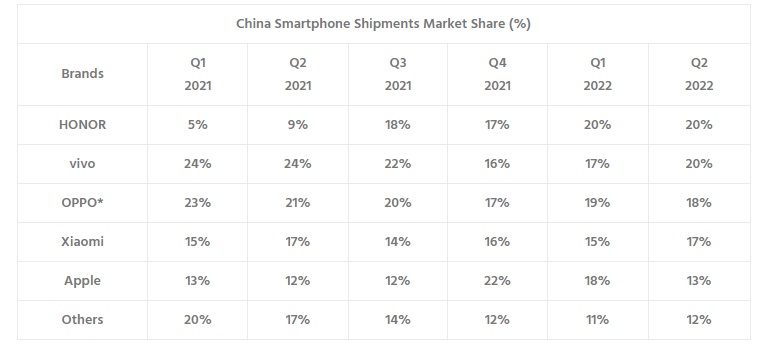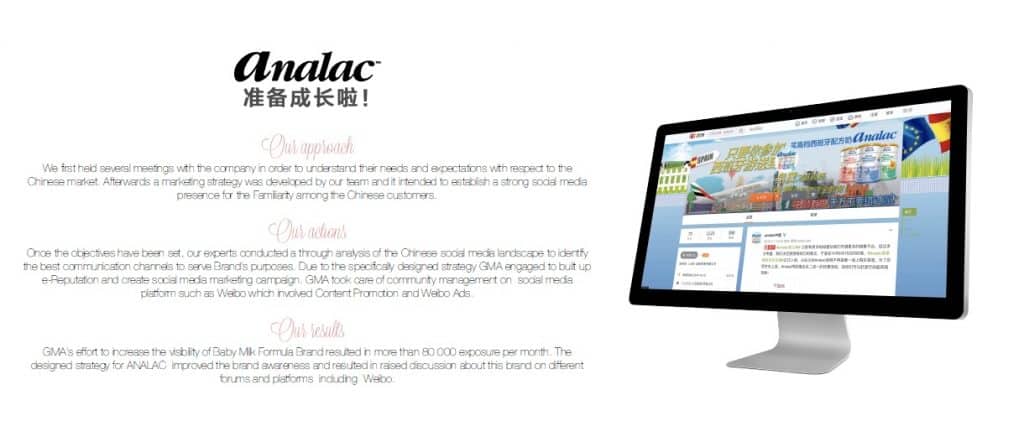China is with no big surprise the biggest manufacturer of cell phones worldwide.
In 2021, China produced nearly 1,635 million units of cell phones, accounting for 2/3 of global production.
In 2022 the Chinese smartphone industry revenue is likely to reach a skyrocketing $238 billion.
With more than 1,200 businesses in the manufacturing of smartphones, the industry is a major employment sector with almost 1.5 million Chinese working in this industry.

Smartphone factories are big in China, really big!
Foxconn apple’s factory in Zhengzhou is a city inside a city, employing nearly 200,000 people. The factory produces 70% of the iPhone and has recently mediatized following a Covid outbreak within the factory, delaying the shipments of iPhone 14 Pro and iPhone 14 Pro Max.
Even though Apple still produces most of its phones in China, other manufacturers decided to stop their production in China and move to other countries. Encouraged by the rising costs of labor and the disruption of production caused by successive lockdowns across the country.
That is the case of the Korean phone manufacturer Samsung, which decided to leave China earlier this year. Sony also decided to move its production to Thailand. And one of the major Chinese smartphones manufacturer, Xiaomi, also decided to move its production to Vietnam to improve its delivery to East Asian countries.
Nevertheless, China remains the biggest producer of smartphones worldwide, and the need for processors, batteries, screens, cameras, speakers, sensors…and other parts will go on.
It is also predictable that Chinese smartphone factories will look for innovative solutions to optimize and upgrade to the higher level their production tools.
If you are planning to sell your products or services to Chinese smartphone factories, what is the most efficient way to reach them and start cooperation with them?
Do yourself a favor: don’t waste your time on cold calling and mass mailing
-With companies like Foxconn employing 200,000, do you really think you will be lucky enough to reach the right person with a simple cold call? If you are realistic, you know you will not.
-Even with smaller factories, your chances are still low. Even if you are lucky enough to get the info of the right buyer or decision maker, know that in China they are harassed by tons of calls every day, and they took the habit of not accepting any commercial calls.
Buyers will come to you
Sounds silly? Receiving requests without moving from your desk?

This time it is not relying on dreaming or hoping, it’s all about having the right angle of attack.
The major skill of a buyer is to source the right products at the right price.
Buyers in China don’t wait for a miracle call, email or catalog, or the perfect exhibition to meet their need for supplies. They take action by themselves.
Internet is the key
For more than a decade, the internet has become the main tool for Chinese buyers to source their suppliers.
When Chinese buyers in smartphone factories need to source for example sensors, they will check on Baidu for sellers and take the first companies they find and send them RFQ.
Oh yes, let’s mention that you cannot use Google, Facebook, or Twitter… in China, they are simply inaccessible. The Chinese internet is closed to the outside world. Instead, China has its own system, Baidu is the local search engine.

The key if you want them to find you, is to be reachable on the Chinese internet ecosystem.
What does it require?
-Having a website in China and in Chinese is the very basis.
Truth is that even if Chinese buyers find your website in English in Baidu, they will run away and close it right away. Just like you’d do if you were bumping on a Chinese website.

And if your website is hosted out of China, the loading time of your website might be infinite.
Make sure your website is hosted in China to avoid huge loading time or even being blocked.
-Make your website rank among the first results
Competition is fierce. You may have hundreds of competitors. There is no use to have a proper website for China if buyers don’t find you in the first results. You will receive no RFQ.
To put all the chances on your side, you must make sure your website ranks very well on Baidu.
Using SEO (search engine optimization) is the most sustainable way for your website to rank well on Baidu using the right keywords so Chinese buyers find you on the first page.
Ads on Baidu (PPC) are also a good way to start referencing your website, but they should not be used in the long term like SEO. PPC should only be used in the first months of your website introduction on Baidu to help to boost your website’s visibility.
SELTECH has used Baidu SEO Strategy to Get leads.

SELTECH is an international firm provider with deep expertise in acoustics and sensors used in the smartphone industry. This company offers innovative solutions to smartphone factories from design to production.
Is that enough?
Well, yes if you only intend to receive RFQ.
BUT to generate Business…

That would be a shame to make no money after these efforts.
If you want to transform those leads into clients, it requires some more steps.
Once the buyer receives your offer, and if he thinks your price and product fit with its requirements, he won’t sign right away with you.
TRUST PROBLEM
He will first make sure that you are reliable and trustworthy in China.
Scams, fakes, and counterfeits are legion in China. No buyer will take the risk to work with you if he finds no info about your reputation on Baidu. Remember they have plenty of choices.
You better be sure you have a good reputation on the Chinese internet if you want to sign sales.
Buyers will check online on specialized forums what smartphone factories buyers think about you, whether will they recommend your company/brand, what they’re experienced with you…
But they also check the specialized online press. Having recognized online press talking about a company is seen as insurance for the reliability of a company.
If you have a proper offer and a verified reputation on Baidu, then you automatically improve your conversion rate (also if your sales are good), and clients will start to sign.
More conversation on this Facebook Group
What about the ones that are not ready to sign right away?
It may happen that some buyers are not ready to buy right away, and their project may have been postponed, or find another supplier.
The good thing is that they found you and know at least a little about you after having checked on the Chinese internet.
Those are potential future clients. You must not lose them. Instead, nurture them and make sure they remember you.
The best way is to always be at their fingertip.
You may have heard of WeChat. The number one social media is in fact more than that.
Indeed, WeChat is THE way most Chinese use to keep in touch. It vastly replaced email and phone calls.
As a company, you can get an official account where your prospect can follow your news and have easy access to your contact, brochure, company information…
Several times a month you can send some “push” with your company’s news, reminding regularly to your prospect that you exist.
The day he’ll be ready to buy, he’s more likely to come back to you and sign with you.
The case of very young buyers
Most buyers in the smartphone industry in China are younger and younger.

They still need to learn about their industry and are very fond of easily accessible valuable knowledge.
As a new generation, they like to share hours online watching videos.
To that extent, more and more Chinese suppliers/manufacturers share short videos on Douyin (Tik-Tik), sharing expertise from their senior experts or videos showcasing their products.
That’s a new trend, but it is likely to become more and more common soon. Stay up to date!
Want to learn more about B2B marketing China ?
Contact us
